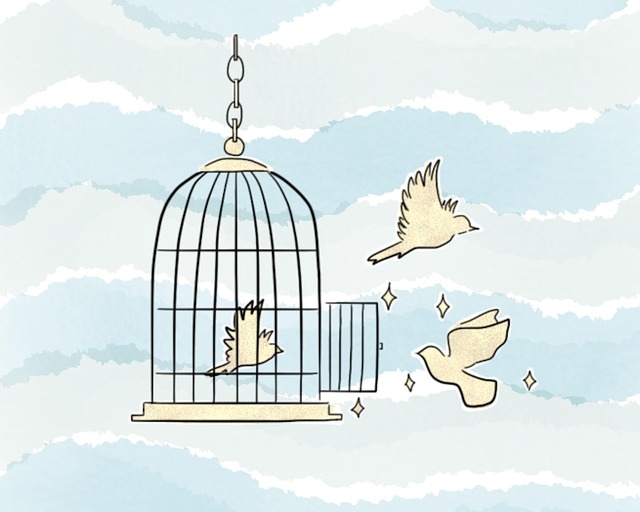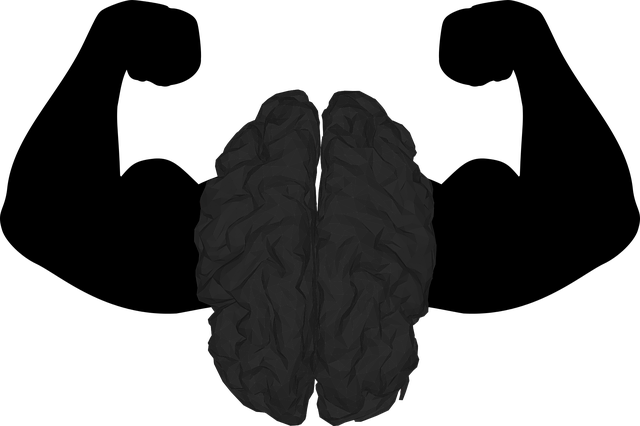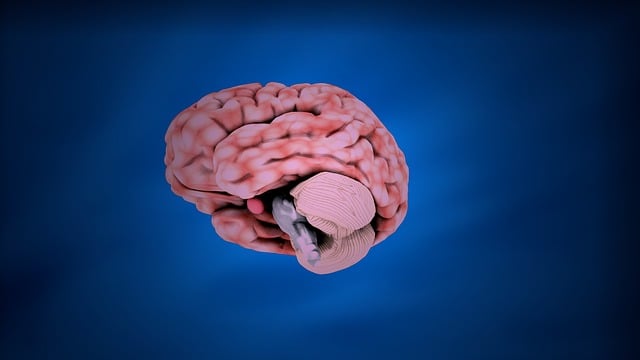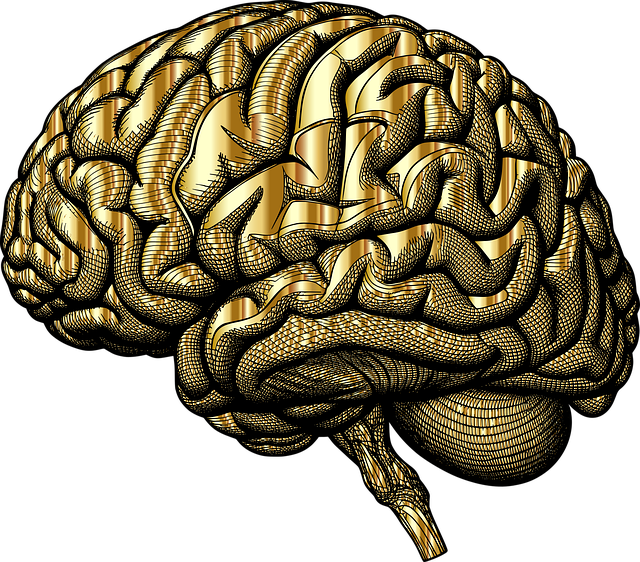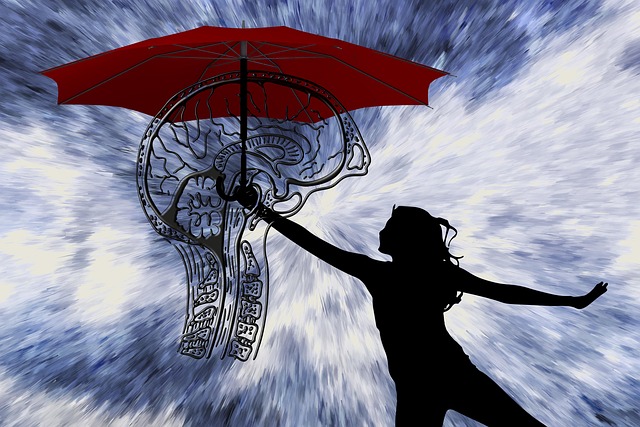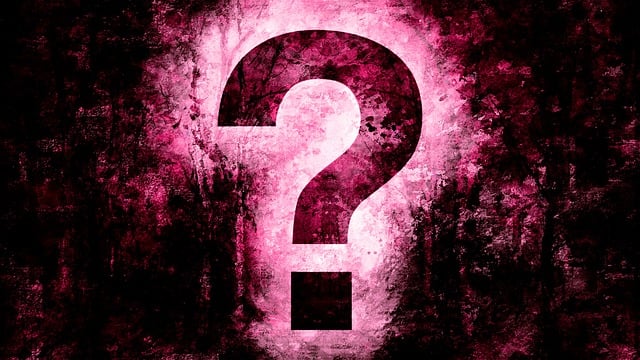The text discusses the significant impact of stigma on mental health, particularly anger management disorders, hindering individuals from seeking timely treatment. It highlights societal perceptions and fear of judgment as primary barriers. Lone Tree Anger Management Therapy (LTAMT) is introduced as a powerful tool to combat this stigma by providing effective emotional regulation strategies. The article emphasizes the importance of raising awareness, community engagement through programs like LTAMT, and celebrity advocacy in destigmatizing mental illness. Additionally, it mentions policy changes and various initiatives aimed at fostering understanding, early intervention, and accessible treatment for better mental health outcomes.
Mental illness stigma, a pervasive barrier to treatment, demands continuous efforts towards reduction. This article explores strategic approaches to combat stigma, from understanding its profound impact on individuals seeking help to innovative initiatives like anger management therapy at Lone Tree Anger Management Therapy. We delve into community education, the influence of public figures, and policy advocacy, highlighting collective responsibilities in fostering a supportive mental health landscape.
- Understanding Stigma and Its Impact on Mental Health Seekers
- The Role of Anger Management Therapy in Stigma Reduction
- Educating Communities: Breaking Down Barriers and Misconceptions
- Celebrities and Public Figures: Using Their Platforms for Positive Change
- Policy Changes and Advocacy: A Collective Effort for Progress
Understanding Stigma and Its Impact on Mental Health Seekers

Stigma surrounding mental illness can create significant barriers for individuals seeking help, often leading to delays in treatment and worse outcomes. The societal perception of mental health issues as a sign of weakness or personal failure can deter people from reaching out, especially when facing conditions like anger management disorders. Many struggle alone, afraid to discuss their feelings or seek professional assistance due to fear of judgment or discrimination. This isolation exacerbates the challenges they face, making it harder for them to develop effective coping skills and emotional regulation strategies.
Understanding stigma and its impact is crucial in efforts to reduce it. By raising awareness about mental health conditions, including anger management therapy as a legitimate form of treatment, we can foster an environment that encourages support and understanding. It’s essential to emphasize the benefits of seeking help, such as anxiety relief and improved coping skills development, to alleviate the fear and shame often associated with mental illness. Initiatives like Lone Tree Anger Management Therapy play a vital role in this process by providing specialized care and contributing to a more inclusive perspective on mental health.
The Role of Anger Management Therapy in Stigma Reduction

Anger Management Therapy plays a significant role in reducing stigma associated with mental illness. By addressing and managing anger, individuals can develop essential skills for emotional intelligence and improve their overall mental wellness. This therapy offers a safe space to understand and process intense emotions, fostering better self-awareness and empathy towards others. Through learning effective coping mechanisms, participants gain a sense of control over their reactions, breaking the cycle of negative behaviors that might contribute to societal stigma.
Lone Tree Anger Management Therapy, for instance, focuses on empowering individuals with tools to manage anger constructively. This not only benefits the person directly but also influences their interactions with others, potentially reducing discriminatory attitudes and behaviors. By enhancing emotional intelligence and building confidence in managing challenging situations, such therapy sessions contribute to a more inclusive society where mental health struggles are met with understanding and support rather than stigma.
Educating Communities: Breaking Down Barriers and Misconceptions

Mental illness is a complex topic that often comes with barriers and misconceptions, especially in communities where open discussions are scarce. Educating these communities is a powerful tool to reduce stigma and foster understanding. By bringing mental health into the spotlight, we can break down walls of fear, ignorance, and prejudice. This process involves creating awareness about various conditions, demystifying symptoms, and encouraging empathy rather than judgment.
One effective strategy is incorporating Compassion Cultivation Practices into community programs. These practices promote self-awareness, self-acceptance, and empathy towards others, which are essential for challenging negative stereotypes. Additionally, Self-Esteem Improvement workshops can empower individuals to confront personal struggles with resilience and confidence. Encouraging open conversations using Communication Strategies enables a better exchange of experiences and knowledge, ultimately leading to increased mental health literacy within the community, as exemplified by Lone Tree Anger Management Therapy initiatives.
Celebrities and Public Figures: Using Their Platforms for Positive Change

In the battle against mental illness stigma, celebrities and public figures play a pivotal role by using their platforms for positive change. These influential individuals have the power to shape perceptions and encourage open conversations about mental health. By sharing their own experiences or supporting various causes related to mental wellness, they can help destigmatize conditions like anger management disorders. For instance, renowned actors and actresses openly discussing their struggles with anxiety or depression can normalize these experiences and inspire fans to seek Lone Tree Anger Management Therapy or other forms of support.
Through social media, public appearances, and charitable initiatives, celebrities can promote self-awareness exercises and emotional healing processes. Their voices carry weight, reaching millions of followers who might be hesitant to reach out for help due to stigma. By showcasing their vulnerability and advocating for mental health awareness, these figures contribute significantly to creating a more accepting society where individuals feel comfortable seeking the assistance they need, including professional therapy services.
Policy Changes and Advocacy: A Collective Effort for Progress

Mental illness stigma reduction requires a collective effort, and policy changes play a pivotal role in this process. Advocacy initiatives led by passionate individuals and organizations drive systemic shifts that can significantly impact how society perceives mental health issues. By pushing for policies that promote understanding, early intervention, and accessible treatment options, such efforts aim to create a more inclusive environment. For instance, implementing legislation that ensures privacy and confidentiality in mental healthcare can encourage individuals to seek help without fear of judgment or discrimination.
In this collective endeavor, various stakeholders contribute their expertise. The integration of Lone Tree Anger Management Therapy, for example, into existing healthcare systems demonstrates a targeted approach to addressing specific needs. Similarly, the development of Mental Wellness Podcast Series Production can amplify stories and knowledge, fostering open dialogues that challenge stereotypes. Moreover, incorporating Burnout Prevention Strategies for Healthcare Providers is crucial to supporting those on the frontlines, ensuring they can offer compassionate care without succumbing to professional exhaustion. Additionally, Compassion Cultivation Practices, when implemented in policy and community programs, have the potential to foster empathy and understanding at large.
Mental illness stigma reduction is a multifaceted effort requiring the collective action of individuals, communities, and policy-makers. By understanding the profound impact of stigma on mental health seekers, integrating anger management therapy into stigma-busting strategies, educating communities through awareness campaigns, leveraging celebrity influence, and advocating for policy changes, we can create a more inclusive society that supports those living with mental illness. Initiatives like Lone Tree Anger Management Therapy highlight the power of localized approaches in fostering understanding and acceptance, ultimately paving the way for enhanced access to care and improved mental health outcomes.


